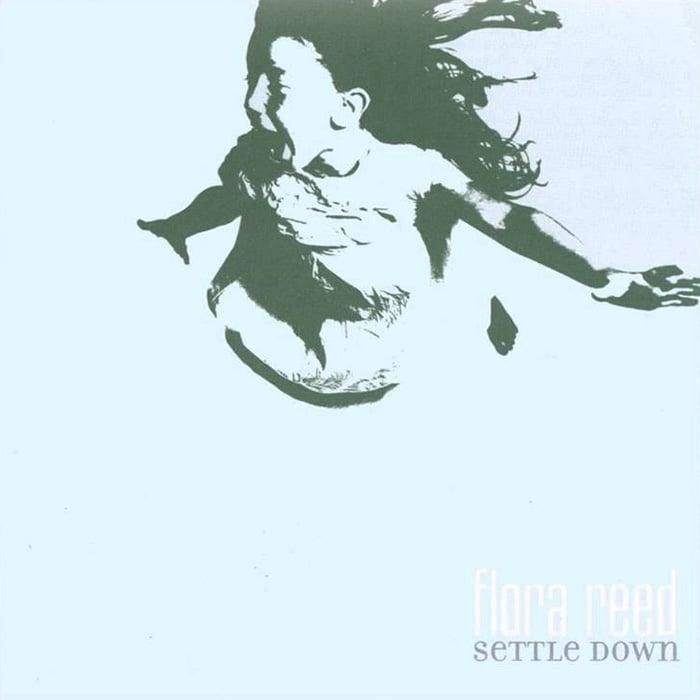Settle Down by Flora Reed (Review)

Singer-songwriter Flora Reed’s new release, Settle Down, is a collection of mid-tempo, sparsely arranged, contemporary soft rock tunes set to a collection of keenly wrought lyrics. Dress-swishers such as Stevie Nicks and Natalie Merchant may not be direct influences on Reed, but I get a little bit of that wee bluesy breathiness and reluctance to really belt anything out. Reed employs a stylized mature voice, not too unlike that of Jewel’s or Hope Sandoval’s, though less tuneful. Most of the melodies harp on well-worn ideas heard through decades of easy classics, and therefore suffer from a thorough sameness.
Settle Down’s opening laments “Flowers At My Feet” and “Wake Up Laughing” fall flat on discerning ears in short time, sounding like musical entries that would be more sacred had they been kept private. It is as hard for me to buy into Reed’s young woman’s blues as it is for me to stomach main-Hootie and the Blowfish-man Darius Ruckers’ Doobie-esque, young-man’s crowing. One gets the impression that Reed is stylizing herself and her music and consequently obscuring whatever truth may lie beneath the artifice.
Still, beyond the veneers of certain Sheryl Crow hit-the-highway numbers, such as “Happiness Is” or the contemporary Sarah McLaughlin-esque production of “Flowers At My Feet” is a heart of honest and sensitive observation. Most songs don’t employ much production beyond the simple use of guitars handled nicely by Reed and producer Dave Chalfant. Whatever touches are employed on the album are generally done subliminally.
Reed at once shows herself to be a lyrical force to be taken seriously. A major chunk of the songs address the object of her affection, perhaps after a break-up, with passion both mixed and intense. In the title track, Reed says “Don’t forget how we outran the monster/We are the part worth telling.” In “Flowers At My feet,” she asks, “Will you give me your only treasure?/I can see it behind you rising up like the moon.”
When the story of love becomes painful during “Mutter,” Reed confesses prosaically “What I really wanted was to take myself back from you/Back from the world and all the weakness that you sadly mistook for proof.” In “Who Brought You Down,” she hopes for a second chance: “We can learn to live like giants/We can promise not to hide so well.” Whether she’s singing about the humiliation of being rejected, or the bloom in her heart that she feels for the people she cares for, Reed is a romantic worth listening to, and the kind of person we would all like to know.
Written by Jonathan Donaldson.